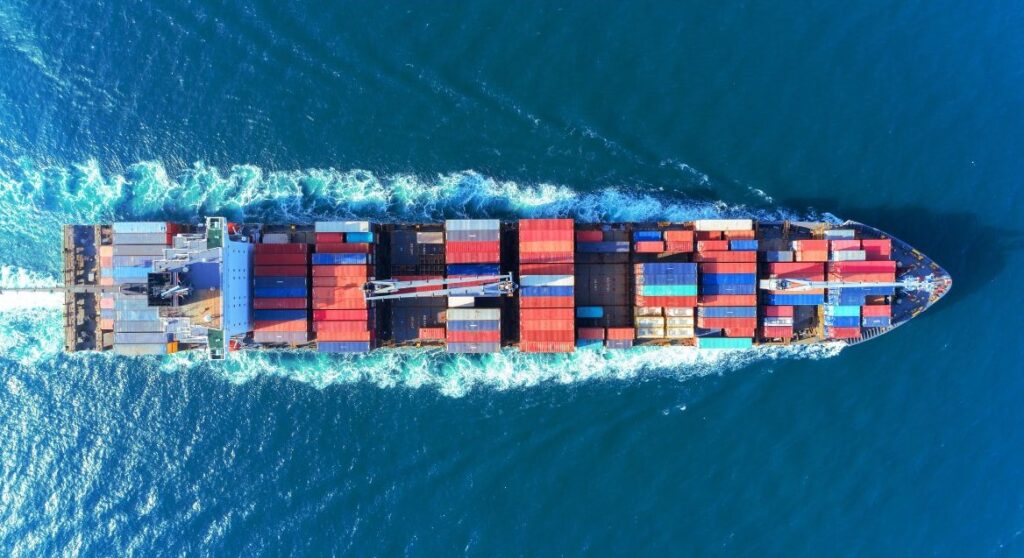
SEAFAIRER aims to demonstrate the production of advanced biofuels for maritime shipping decarbonisation through an innovative thermochemical conversion process. The maritime sector is a key focus of the initiative set by the International Maritime Organization (IMO), which in April 2025 adopted the legally binding IMO Net-Zero Framework to reduce global greenhouse gas (GHG) emissions from ships, targeting net-zero emissions by or around 2050.
Approved by the Marine Environment Protection Committee (MEPC) during its 83rd session, this new framework differs from all previous ones as it consists of measures that include and combine a new standard for ship fuel and a global pricing mechanism for emissions. These include a global fuel standard and a pricing mechanism for emissions. The measures are expected to be formally adopted in October 2025 during an extraordinary MEPC session and will enter into force in 2027—16 months after adoption. They will apply to large ocean-going ships over 5,000 gross tonnage.
Within the SEAFAIRER project, the IMO’s regulatory initiative plays a crucial role. Today, over 90% of ships rely on fossil fuels, and international shipping accounts for approximately 85% of global CO₂ emissions from the maritime sector. SEAFAIRER’s goal is to develop climate-positive marine biofuels, thereby significantly contributing to the sector’s decarbonisation.
Key elements of the proposed regulations include:
- Global Fuel Standard: Ships must reduce their annual fuel GHG intensity (GFI) over time, calculated using a well-to-wake approach.
- Global Economic Measure: Ships exceeding GFI thresholds will be required to acquire corrective units to offset their emissions deficit. Conversely, vessels employing near-zero or zero-emission technologies will be rewarded.
- Ships may balance emissions deficits by transferring, banking, or purchasing corrective units through contributions to the IMO Net-Zero Fund.
The IMO Net-Zero Fund, financed through emission pricing revenues, will support:
- Incentives for low-emission vessels;
- Innovation, research, infrastructure, and a just transition in developing countries;
- Training, technology transfer, and capacity building;
- Mitigation of negative impacts on vulnerable states.
SEAFAIRER welcomes this positive development, which pushes the energy transition forward and will directly contribute to the wider uptake of sustainable biofuel solutions for the maritime industry!
Follow us on LinkedIn to stay up to date on all the news!
